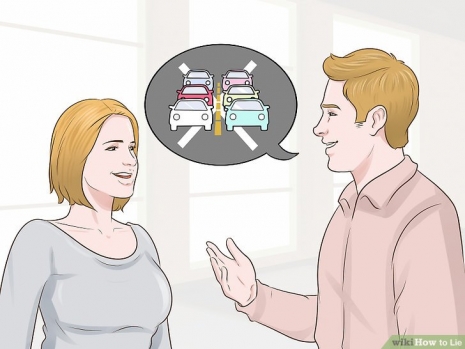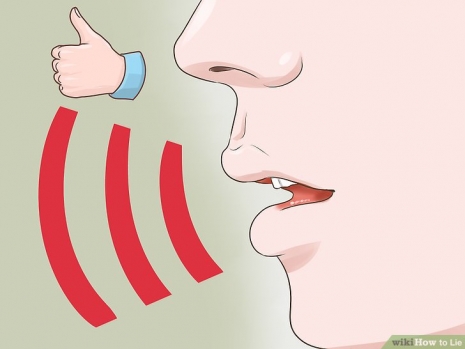from Dangerous Minds:
Writing for Esquire in 1969, Gore Vidal laid bare a “demagogic strategy” William F. Buckley used to befuddle opponents:
If one is lying, accuse others of lying. On television this sort of thing is enormously effective in demoralizing the innocent and well-mannered who, acting in good faith, do not lie or make personal insults. Buckley has made many honorable men look dishonest fools by his demagoguery, and by the time they recover from his first assault and are ready to retaliate, the program is over.Why is this effective? Because the thought of lying in public, where a judge, policeman or journalist might hear, gives good citizens the cold sweats. The mere accusation unleashes the bad conscience of the regular taxpayer and snaps his mind neatly in half. Did I fail to give a full and accurate account? Am I guilty of an act of omission, if not commission? Could I have used a more charitable adjective? Perhaps I did mischaracterize certain of my honorable friend’s views, etc.
We at Dangerous Minds don’t believe the strategies and tactics of dishonesty should be the preserve of the rich, the powerful, and the stupid, and few other “content providers” will tell you the score. While the New York Times may report on “How to Improve Your Productivity at Work,” the Gray Lady is unlikely to teach you how to play fast and loose with the facts. Less reputable outlets than ours will lie to you, which can be instructive, but they will do nothing deliberately to wise you up.That’s why, until they start teaching us how to do our own surgeries, WikiHow’s lying clinic is likely to remain their most useful public service.I won’t list all of their 14 steps to falsehood, but here are some of the basics. Rehearsal is a key part of the technique. Repetition gives purchase to the most absurd, self-contradictory assertion. There are a few body language tips:Be sure not to rub your face too much, sway back and forth, or shrug your shoulders a lot. Keep your arms down at your sides rather than folding them across your chest. Don’t blink more often than normal or turn your body away from the person. All of these are signs that you are lying.(But what if you want people to believe you’re lying? It would be interesting to try all of these gestures at once while scrupulously telling the truth, as an experiment.)
Another pro tip from WikiHow: lie before you have to. Take the initiative. I think this means you run into the living room with icing in your nostrils and scream “I did not eat the cake that is not missing!”The Community Q&A covers likely eventualities: “What if the person has found evidence?” “Is covering up your bad deed with a less significant bad deed a good strategy?” “If I need to, how do I force tears?”This last question is misguided. Just tell the sucker you’re crying.


























No comments:
Post a Comment